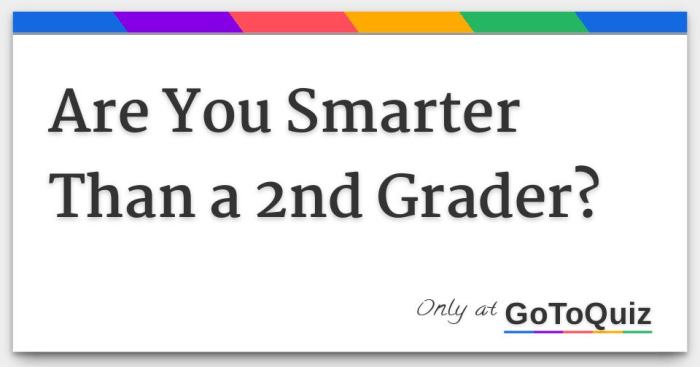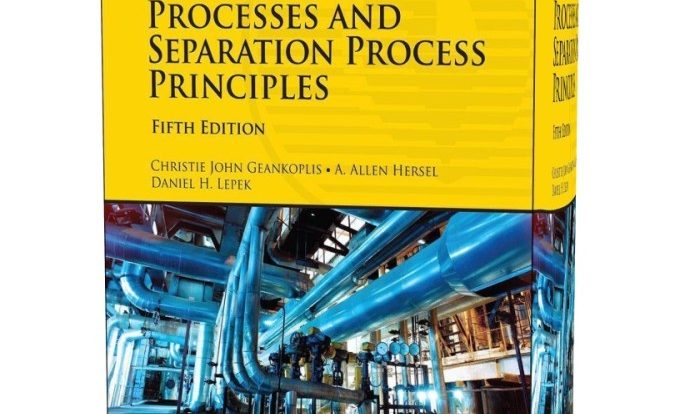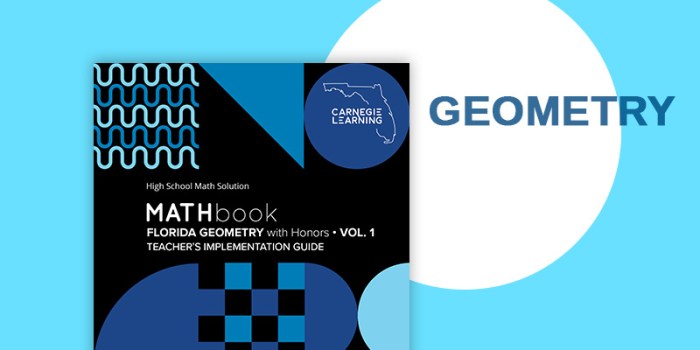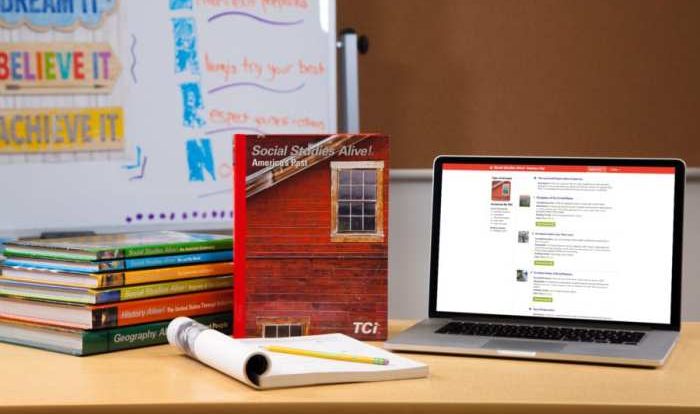Unit 30 Quiz Reading Comprehension: A Guide to Success provides students with the essential tools and strategies they need to excel in their upcoming quiz. This comprehensive guide covers everything from the importance of reading comprehension to the specific content and structure of the Unit 30 quiz.
With its clear explanations, engaging examples, and practical tips, this guide will help students build confidence and achieve their reading comprehension goals.
Reading Comprehension Skills
Reading comprehension is a crucial skill for academic success. It allows students to understand, analyze, and interpret written information effectively. By developing strong reading comprehension skills, students can excel in their studies and prepare themselves for higher-level education and professional life.
There are various reading comprehension strategies that can help students improve their understanding of texts. Some common strategies include:
Previewing
- Skimming the text to get a general idea of its structure and main points.
- Identifying headings, subheadings, and key terms to understand the organization of the text.
Annotating
- Marking important passages, underlining key terms, and writing notes in the margins.
- Annotating helps students actively engage with the text and improve their retention of information.
Inferencing
- Drawing conclusions and making inferences based on the information provided in the text.
- Inferencing requires students to think critically and go beyond the surface level of the text.
Summarizing
- Condensing the main ideas and key points of the text into a concise summary.
- Summarizing helps students identify the most important information and improve their overall comprehension.
While reading comprehension is essential for academic success, students may face certain challenges that can hinder their understanding. These challenges can include:
Lack of Background Knowledge
- Students may struggle to understand texts if they lack prior knowledge or context about the topic.
- Providing students with background information or activating their prior knowledge can help improve their comprehension.
Unfamiliar Vocabulary
- Students may encounter unfamiliar words or technical terms that can impede their understanding.
- Using context clues, dictionaries, or glossaries can help students decode unfamiliar vocabulary.
Complex Sentence Structures
- Students may struggle to understand texts with complex sentence structures or unfamiliar grammatical concepts.
li>Breaking down complex sentences into smaller chunks and providing scaffolding can help students improve their comprehension.
Lack of Motivation, Unit 30 quiz reading comprehension
- Students may lack motivation or interest in the topic, which can hinder their comprehension.
- Engaging students with relevant and interesting texts, providing real-world connections, and setting clear learning goals can help motivate students to improve their reading comprehension.
Unit 30 Quiz Structure
The Unit 30 quiz is designed to assess your understanding of the key concepts covered in this unit. The quiz consists of a variety of question types, including multiple choice, true/false, and short answer.
Question Types
The multiple choice questions will present you with a question and several possible answers. You will need to select the best answer from the choices provided.The true/false questions will present you with a statement and ask you to indicate whether the statement is true or false.The
short answer questions will ask you to provide a brief answer to a question.
Preparing for the Quiz
To prepare for the quiz, you should review the material covered in this unit. You should also practice answering the different types of questions that you can expect to see on the quiz.Here are some tips for preparing for the quiz:* Review the lecture notes and textbook readings.
- Practice answering the different types of questions that you can expect to see on the quiz.
- Get a good night’s sleep before the quiz.
- Arrive at the quiz on time and be prepared to answer the questions.
Key Concepts
Unit 30 delves into fundamental concepts that are essential for comprehending and analyzing written text effectively. These concepts form the foundation of reading comprehension skills and are widely applicable in various real-world scenarios.
The key concepts covered in Unit 30 include:
- Main Idea and Supporting Details:Identifying the central theme or message of a text and the evidence that supports it.
- Inference and Prediction:Drawing conclusions and making predictions based on the information provided in the text.
- Context Clues:Using surrounding words and phrases to determine the meaning of unfamiliar words or phrases.
- Text Structure:Understanding the organizational pattern of a text, such as chronological order, compare and contrast, or problem and solution.
- Author’s Purpose and Perspective:Recognizing the author’s intended message and their point of view.
Main Idea and Supporting Details
The main idea is the central message or theme of a text. Supporting details provide evidence and examples that explain or illustrate the main idea. For instance, in a news article, the main idea might be a recent event, while the supporting details would include facts, quotes, and statistics related to the event.
Inference and Prediction
Inference involves drawing conclusions based on the information provided in the text. Prediction, on the other hand, involves making educated guesses about what might happen next based on the information presented. For example, if a text describes a character’s fear of heights, one could infer that the character would be hesitant to climb a ladder.
Context Clues
Context clues are hints within a text that help readers understand the meaning of unfamiliar words or phrases. These clues can include synonyms, antonyms, definitions, or examples. For instance, if a text mentions a “voluminous” book, the reader can infer that it is a large or thick book based on the context.
Text Structure
Text structure refers to the way a text is organized. Common text structures include chronological order, compare and contrast, and problem and solution. Understanding the text structure helps readers follow the flow of the text and identify important information.
Author’s Purpose and Perspective
The author’s purpose is their reason for writing the text, such as to inform, persuade, or entertain. The author’s perspective is their point of view or stance on the topic. Identifying the author’s purpose and perspective helps readers understand the intended message of the text.
Practice Exercises: Unit 30 Quiz Reading Comprehension
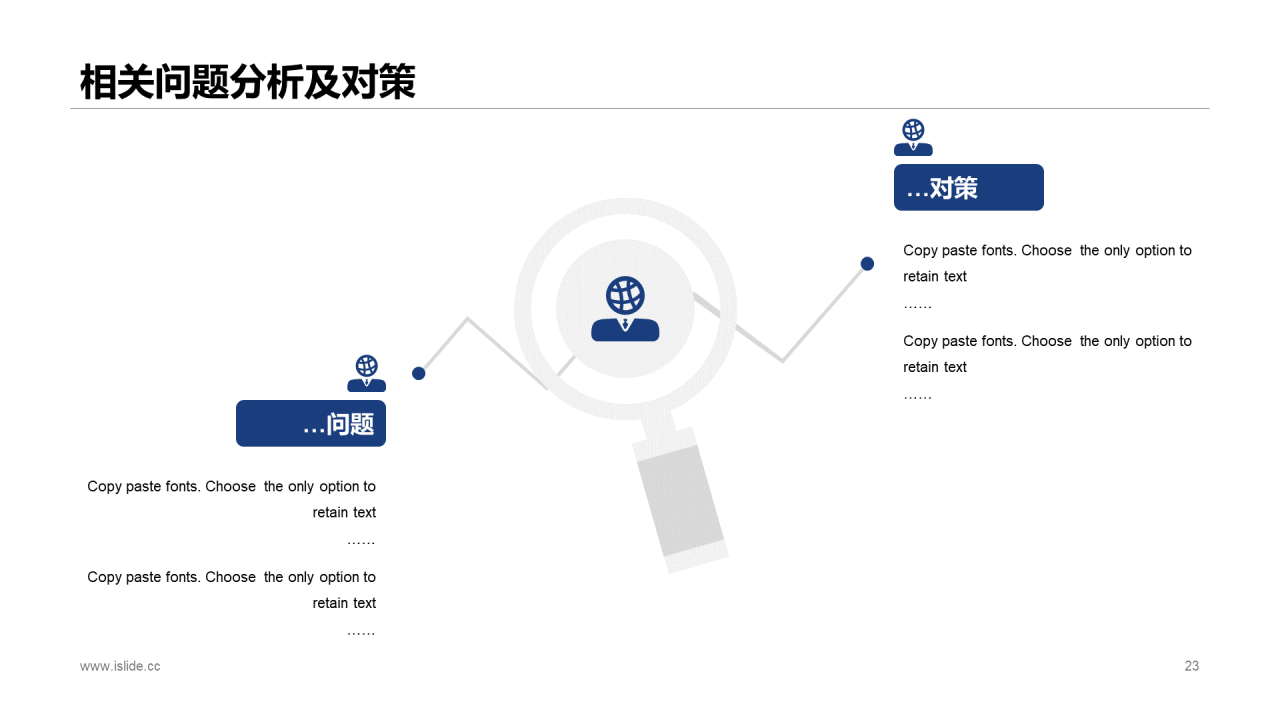
Practice exercises are essential for solidifying the concepts covered in Unit 30. They provide an opportunity to apply the reading comprehension skills you have learned and to assess your understanding of the material.
The practice exercises in this unit are designed to align with the Unit 30 quiz. They include a variety of question types to assess different reading comprehension skills, such as:
- Identifying the main idea
- Making inferences
- Determining the author’s purpose
li>Analyzing the structure of a text
The practice exercises are accompanied by answer keys or explanations to help you check your understanding and identify areas where you may need additional support.
FAQs
What is the importance of reading comprehension?
Reading comprehension is essential for academic success because it allows students to understand and retain information from written texts. It is a skill that is used in all academic disciplines, from math and science to history and literature.
What are some different reading comprehension strategies?
There are many different reading comprehension strategies that students can use to improve their understanding of written texts. Some common strategies include:
- Previewing the text
- Activating prior knowledge
- Making predictions
- Identifying the main idea
- Summarizing the text
What are some challenges that students may face with reading comprehension?
There are a number of challenges that students may face with reading comprehension. Some common challenges include:
- Difficulty decoding words
- Limited vocabulary
- Problems with fluency
- Lack of background knowledge
- Difficulty making inferences
